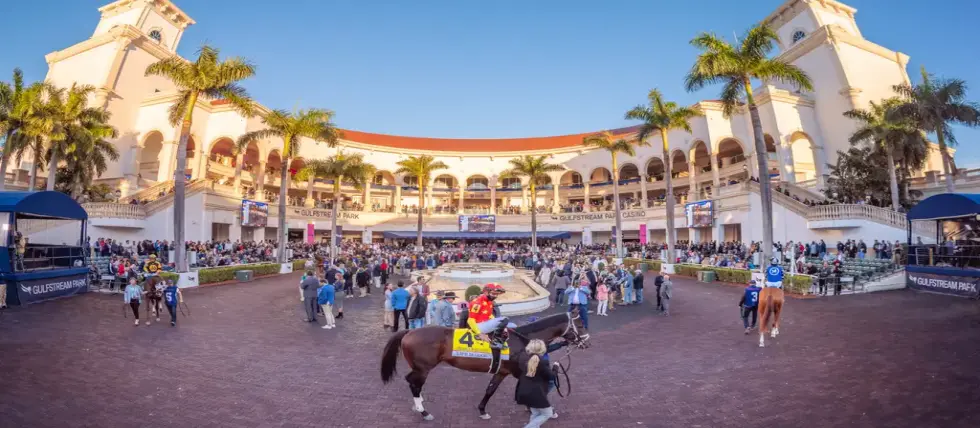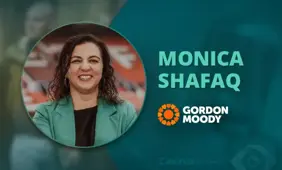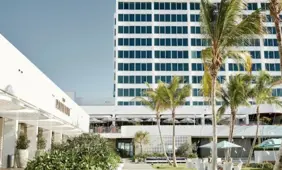Florida Bill to Allow Casinos to Break up with Race Tracks Advances
A bill allowing Florida gaming facilities to operate casinos without the legal requirement to conduct live racing advanced through its first legislative hearing. The measure, which is backed by Gulfstream Park but faces strong opposition from various state and national racing organizations, was approved by the Florida House of Representatives' Industries and Professional Activities Subcommittee. The vote saw 18 members participating, with only four opposing the bill.

Rep. Adam Anderson, the bill's sponsor, emphasized that the legislature should not force businesses to maintain unprofitable operations. His argument centered on the idea that the government should not mandate that gaming facilities continue live racing if it is no longer financially viable. Supporters of the bill contend that businesses should have the flexibility to operate in a way that aligns with their economic interests rather than being legally bound to maintain horse racing as part of their operations.
Related: UK Tote Adds US Horseracing Content in Deal with 1st RacingOpponents, including the Florida Thoroughbred Owners and Breeders Association (FTOBA), have warned that the passage of this legislation could lead to the closure of Gulfstream Park. The track, one of only two remaining Thoroughbred racing venues in Florida, plays a crucial role in the state's racing industry. Critics of the bill argue that removing the racing requirement from casino operators could have devastating consequences for thousands of industry workers and businesses reliant on Thoroughbred racing.
FTOBA executive director Lonny Powell voiced strong opposition to the bill, arguing that it benefits only 1/ST Racing, Gulfstream Park's owner, while threatening the broader racing and breeding industries. Powell emphasized that horse racing is the only major industry in Florida facing the possibility of extinction through legislative action. He questioned why the state would target a long-standing industry that employs thousands and generates significant economic activity.
Powell further refuted claims that the bill would not lead to the closure of Gulfstream Park. He stated that this legislation provides a legal framework that could ultimately result in thousands of job losses and jeopardize a 75-year-old industry in Florida. His stance is that the bill does not ensure the continuation of racing but rather gives gaming operators the option to eliminate it entirely, leaving the future of Florida's Thoroughbred industry uncertain.
Rep. Yvonne Hayes Hinson strongly opposed the bill, as well, citing economic impact studies that highlight the importance of the horse racing industry to the region. She expressed concerns that eliminating the racing requirement would harm local communities, particularly those dependent on the breeding and racing industries in Ocala.
More Business News
Uncertain Future for Gulfstream Park
Rep. Tobin Overdorf voiced support for the bill while acknowledging the value of the Thoroughbred racing industry. He argued that Florida's legislature should prioritize business interests and allow market forces to dictate the viability of racing operations. He stressed that the state's focus should be on fostering a business-friendly environment rather than imposing outdated regulatory requirements.
During the debate, both supporters and opponents of the bill referenced legislation passed last year that provided $15 million in state funding for Gulfstream Park. That measure was designed to support capital improvements and racing purses, along with an additional $5 million in tax credits to cover Gulfstream's fees under the Horseracing Integrity and Safety Authority.
The law also allocated $5 million in state funding to support Florida's breeding industry. Hinson pointed out that the state legislature's move to subsidize racing while simultaneously advancing a bill that could weaken the industry sent conflicting messages.
Gulfstream Park, located in Hallandale Beach, sits on highly valuable land in the Miami metropolitan area. The casino at Gulfstream operates under legal restrictions designed to protect the state's gambling compact with the Seminole Tribe, and it does not generate the same revenue levels as other gaming establishments in Florida.
Gulfstream Park's ownership group has informed industry stakeholders that they will guarantee three more years of live racing if the bill passes. However, they have made no commitments beyond that period and have stated they are considering redevelopment options for the property.
RELATED TOPICS: Business
Most Read
Must Read
 Interviews
Interviews
Sweepstakes Casinos: Thriving in an Ever-Changing Industry – Interview with Attorney Stephen C. Piepgrass
Feb 17, 2025 Interviews
Interviews








Review this New Post
Leave a Comment
User Comments
Comments for Florida Bill to Allow Casinos to Break up with Race Tracks Advances